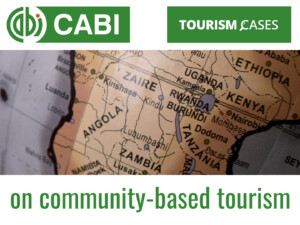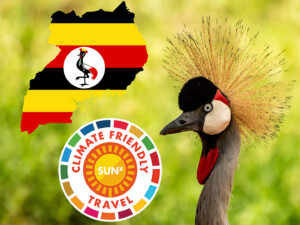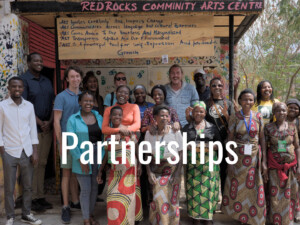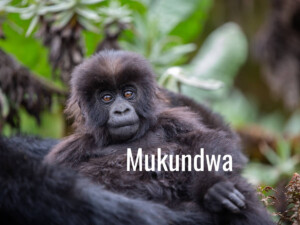Pollution plan cooked up at Kenya’s Lake Naivasha
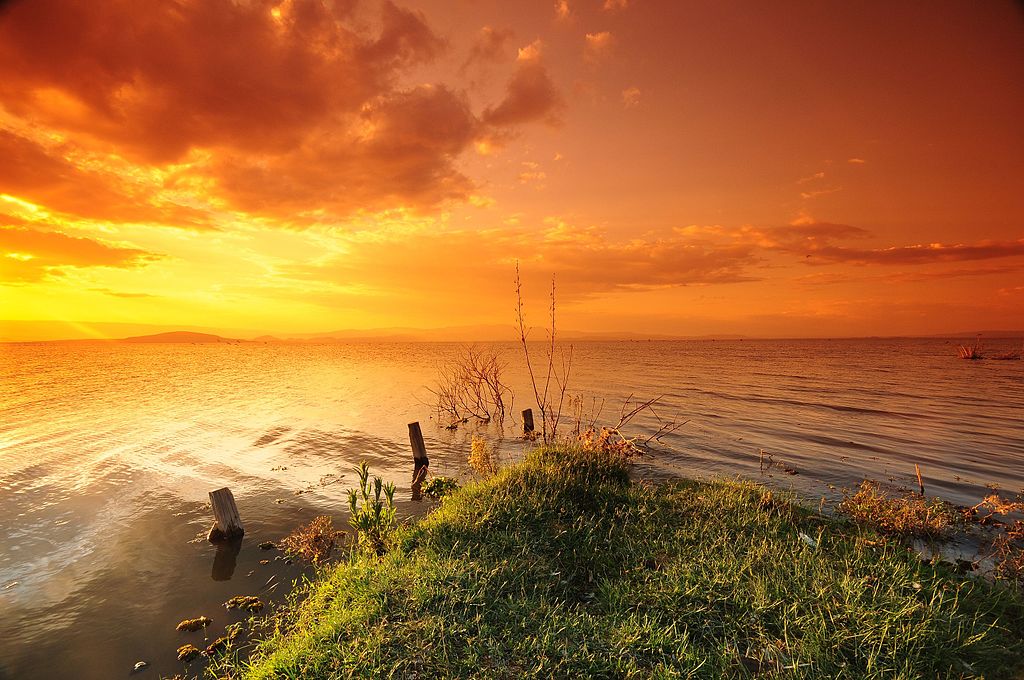
Standing on a muddy patch on the shores of Lake Naivasha in Kenya’s Rift Valley, fish seller Jeremiah Mutiso is on the lookout for customers.
As a middle-aged man dressed in blue jeans and a black polo shirt walks nearby, Mutiso pounces, flooding him with offers of cooked fish and a space to sit to eat it, near his fish stand.
But a swarm of houseflies buzzing nearby and a dead marabou stork on the edge of the lake make the offer less appealing. The man dismisses Mutiso with a wave of the hand, and walks off.
“This happens all the time because the place is so dirty,” said Mutiso, glancing at piles of plastic waste, rotten fish remains and used fishing nets on the lake’s shores. “I may go out of business soon.”
Plastic, paper and other waste — such as fertilisers and chemicals from nearby flower farms — have contaminated the popular lake’s water over the past decade, killing wildlife and making it less appealing to tourists.
Since January, however, a group of young Kenyans have been harvesting plastic waste from the lake and burning it to power a community cooker, which sells cheap meals to locals and the region’s growing number of flower farm workers.
Armed with carrier bags, the 15 employees of a local socially minded business collect solid waste such as plastic and fishing nets from the lake, and bring it to a cooker about 10 km away.
Eric Njuguna, chairman of the “social enterprise” — Charicson Enterprises — said the cooker consumes 80 to 100 kg of waste every day. It has been running since the business was set up in 2015.
“Our aim is to help clean up the lake, boil drinking water for the community and cook affordable meals for local workers,” he explained.
Rising pollution
Timothy Kiogora, Nakuru County’s director of environment, natural resources and energy, said pollution in the region’s biggest freshwater lake is on the rise.
“Hundreds of plants and migratory bird species which nest in the lake are dying due to increasing pollution from the flower farms,” he said.
“This is costing the (county) government millions of shillings due to less tourists visiting the lake,” he said.
Betterman Simidi, who heads Clean Up Kenya, an environmental non-governmental organisation, said plastic and paper are not the only pollution problem for the lake.
“The farms’ fertilisers and chemicals are being drained into the water and causing nutrient loading,” he said.
That has led to the rapid growth of invasive plants, particularly water hyacinth.
“Water hyacinth has spread into the lake, killing fish and clogging the flow path. The government should be doing more to protect it,” he said.
Njuguna, whose workers are clearing plastic from the lake, believes that while burning trash for energy is one way to reduce the lake’s amount of solid waste, the community must also take responsibility for keeping it clean.
“Most households do not have waste disposal units, so they just dump it wherever they like,” he said.
Charicson Enterprises has been promised about $20,000 from donors such as British retailer Tesco, ACE Environmental Consultancy and Vegpro, a local exporter of fresh produce, to build more cookers and help residents find a better way to dispose of waste, Njuguna said.
“The money and training will help them buy and set up household bins to reduce uncontrolled dumping,” he said.
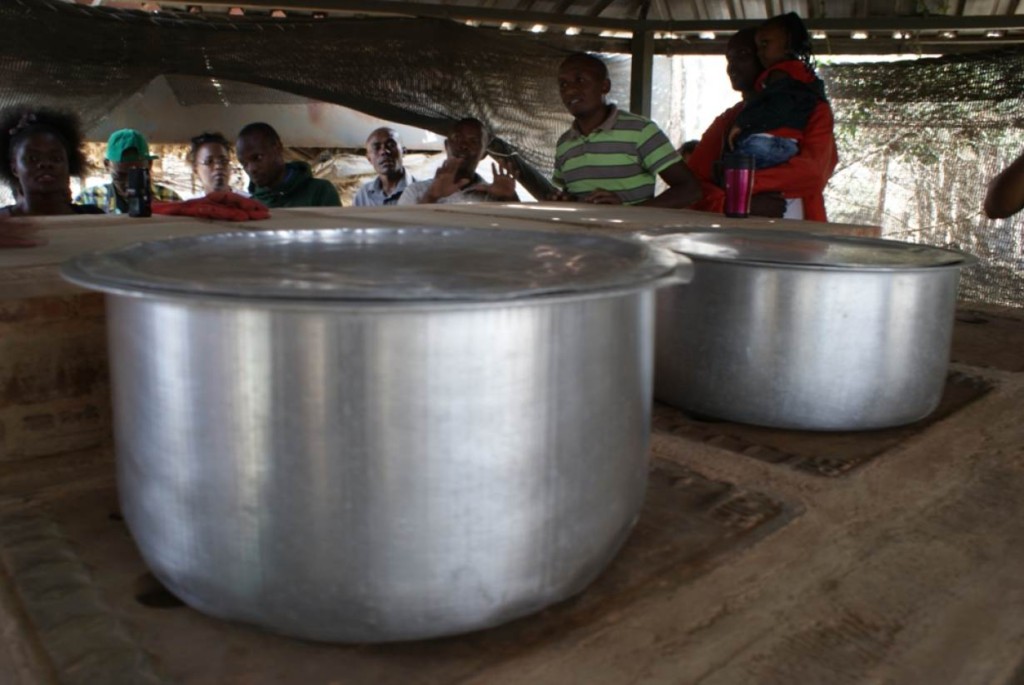
Residents gather near a community cooker fueled by waste in Karagita, Kenya, March 25, 2017. Source: Thomson Reuters Foundation/David Njagi
Cheaper food
In addition to helping clear the lake, the company aims to help feed the village’s population of over 80,000, over 30 percent of whom work seasonal jobs at nearby flower farms.
Most workers cannot afford the costly meals — averaging 2,000 Kenyan shillings (about US$20) — served in five-star hotels in the tourist area.
But by using plastic waste as free energy for cookers, the group can sell dishes made with vegetables, fruit and maize flour for just 15 shillings (US$0.15).
Njuguna said it can serve up to 300 lunches per day. Youth volunteers take some meals directly to the workers, and the company also allows residents living near the cooker to boil water free, he said.
Mercy Wambui, a housewife from the village, said being able to use the cooker was a big help.
“I do not have to worry about getting firewood to use in my kitchen these days,” she said.
“They (Charicson Enterprises) allow me to boil water for free, for drinking and bathing. Sometimes I can even make food for my family at the cooker.”
Njuguna said he hopes the next step will be to use profits made from the sale of meals to help send five of the company’s youth, who come from poor families, to college starting next year.
Source: Kagondu Njagi writing for the Thomson Reuters Foundation, the charitable arm of Thomson Reuters. Featured image: Sunset at Lake Naivasha, Kenya by Gopal Vijayaraghavan / Wikimedia.
According to Wikipedia, Lake Naivasha is a freshwater lake in Kenya, outside the town of Naivasha in Nakuru County northwest of Nairobi. It is part of the Great Rift Valley. The name derives from the local Maasai name Nai’posha, meaning “rough water” because of the sudden storms which can arise.
Floriculture is the main industry around the lake. Fishing is another source of employment and income for the local population.
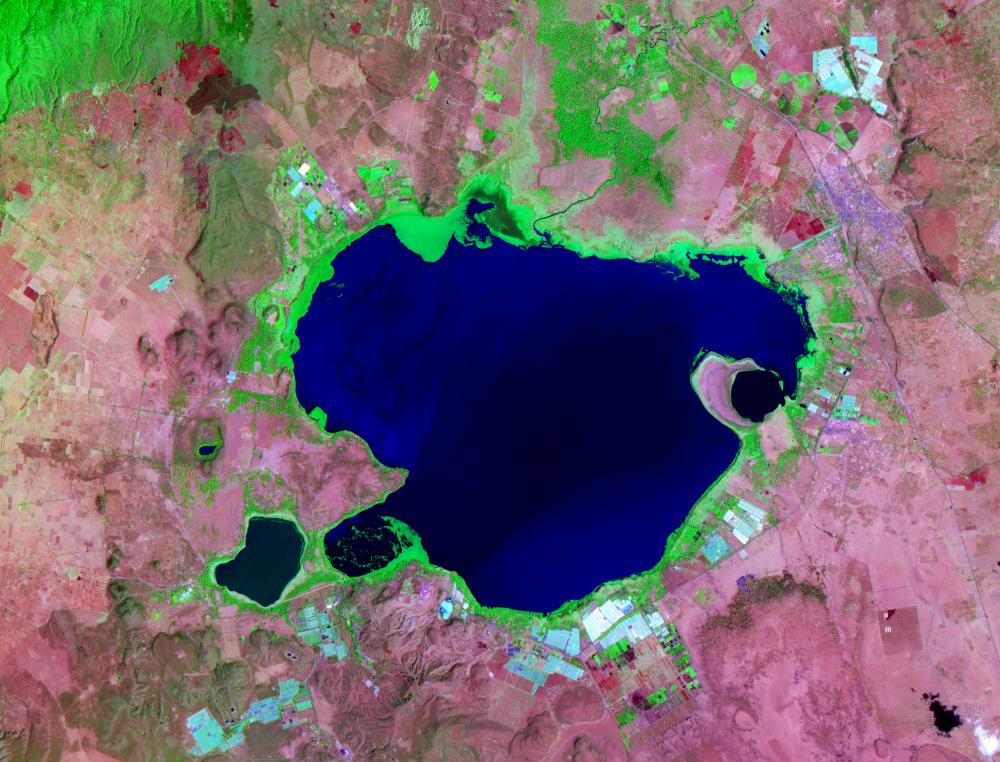
Satellite image of Lake Naivasha, Kenya. Source: NASA / public domain
Related posts


